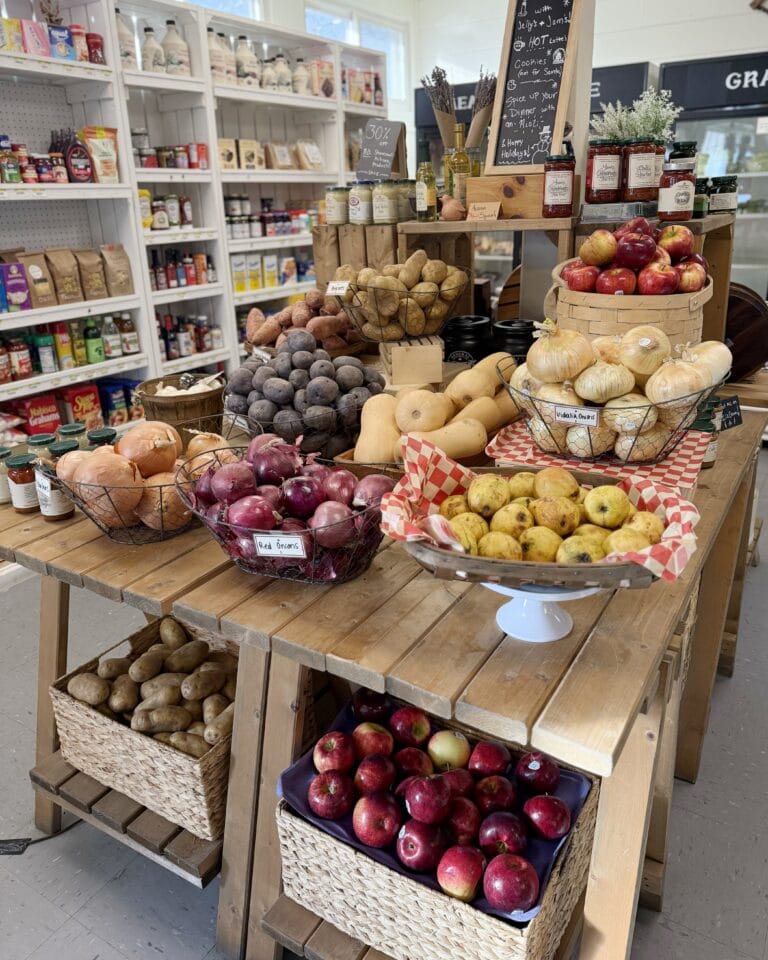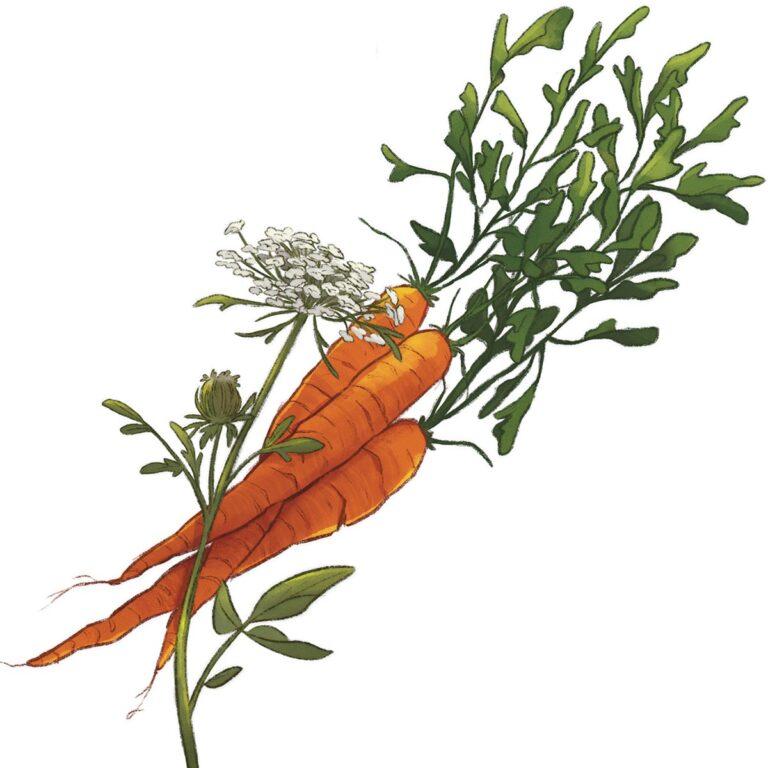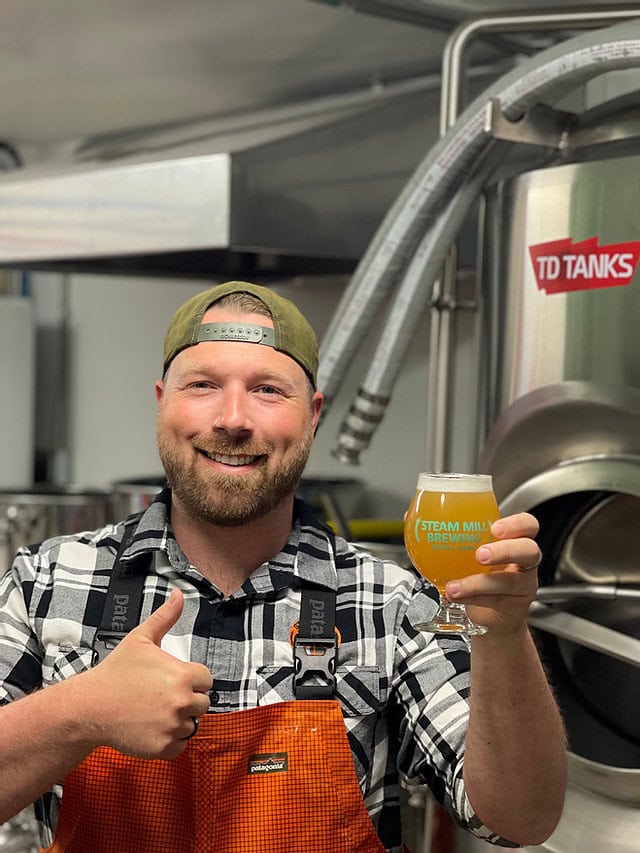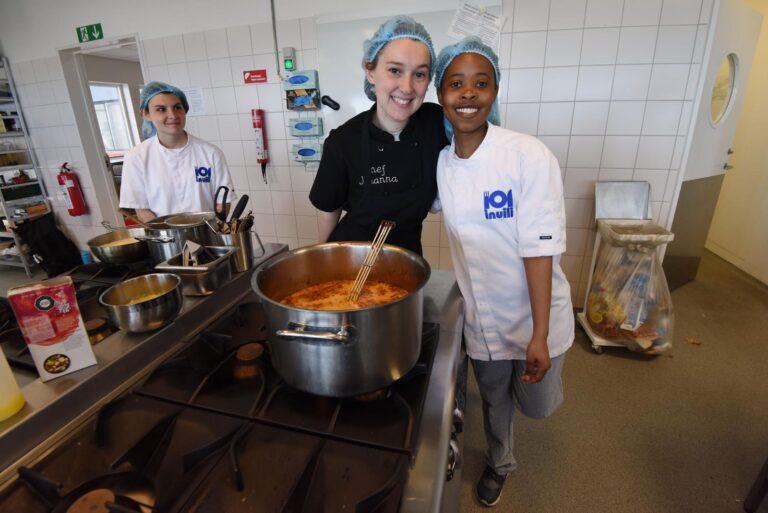The Legal Food Hub (the “Hub”) is a project of the Conservation Law Foundation (CLF), a regional, environmental nonprofit organization. The Hub’s mission is to protect New England’s environment for the benefit of all people using the law, science, and the market to create solutions that preserve the Hub’s natural resources, build healthy communities, and sustain a vibrant economy.
“Small farms and local food businesses are the foundation of our local food system,” says Sara Dewey, staff attorney and director of the Farm & Food initiative at CLF.
“We realized that access to legal services was a gap that threatened viability for many farmers and small food businesses,” Dewey says. “The expenses and risks of owning a small business coupled with the uncertainties inherent in farming itself makes legal services sort of last of mind for some of these individuals. To fill this gap, CLF launched the Legal Food Hub in 2014.”
She explains that the Hub has two parts: direct legal services and educational programming. At its core, the Hub provides direct legal services to income-eligible farmers, food entrepreneurs, and the organizations that support them through a network of volunteer lawyers, including 46 participating firms in Maine.
“We’re incredibly lucky to have the talent and passion of our volunteer attorneys,” says Dewey.
The Hub’s network of attorneys has provided legal assistance to a range of Maine farmers, small businesses, and organizations working to strengthen the local food system across the state. A Maine cheesemaker, for example, sought intellectual property advice from The Hub to protect her unique recipes as her business grows.
The Hub also assists many small farms in all phases of growth, from forming LLCs and other business entities, to helping them start off on solid legal footing, to protecting their land with agricultural easements and planning for farm succession. It has also supported a range of nonprofits that serve the food and farming community in Maine, from a local group that provides loans to farmers to an organization that supports farmers’ markets in the state.
Hub participants can also access legal educational offerings such as workshops, webinars, and user-friendly legal guides on key legal topics.
Education for the Hub’s volunteer attorneys is available as well.
“We want to make sure that participating attorneys are aware of the unique considerations that Maine’s farms and small food businesses face. We aim to help build capacity in Maine to deal with the different legal issues that our participants are facing,” Dewey says.
To help address the complexity of issues that farmers, food entrepreneurs, and small food businesses face, the Hub partners with other service providers in Maine, all in the pursuit of reaching a just food system.
“To the Hub, that means an inclusive food system where small and beginning farmers are able to access land and small-scale entrepreneurs—including those from historically marginalized communities—are able to find economic opportunity,” Dewey says. “It’s important to us that we support a diverse array of food producers so we can ensure equal access to legal help.”














